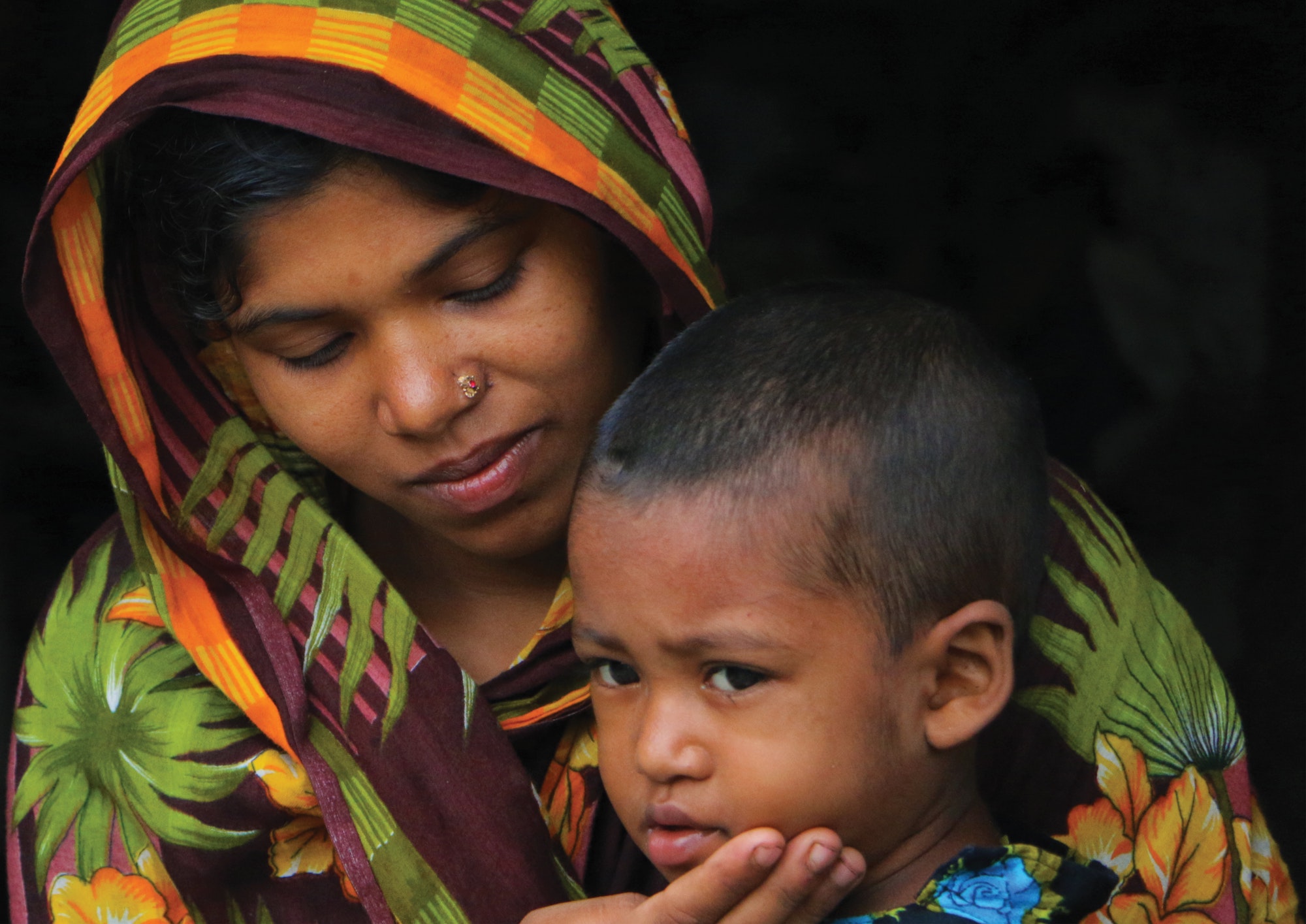The youngest are most at-risk: Early childhood development in complex crises
2 p.m. ET / 1 p.m. CT

One in five children is chronically malnourished. More than 500 million children live in areas prone to flooding. More than 400 million children live in countries that experience violent conflicts. Tens of millions of children have been forced to leave their homes due to poverty or conflicts. More than half of civilians killed by landmines and explosive remnants of war are children. COVID-19 disrupted schooling for 94% of the world’s children.
These statistics from UNICEF paint a startling picture of the impact of environmental disasters and complex humanitarian emergencies (CHEs) on children. Early childhood development indicators in complex crises signal a gap in overall humanitarian response mechanisms, funding and architecture that global philanthropy is filling and trying to change.
The Center for Disaster Philanthropy hosted a webinar to highlight how funders can support child development across the globe, with a focus on children in CHEs. Panelists shared promising practices for supporting children in crisis, examined the gaps in service delivery and discussed funding opportunities.
CDP Vice President Regine A. Webster moderated the discussion and panelists included:
- Hannah Green, Mental Health and Psychosocial Support Technical Advisor, Save the Children (based in Afghanistan)
- Dr. Ghassan Issa, General Coordinator, Arab Network for Early Childhood and Arab Resource Collective
- Lydia Mubiru, Early Childhood Development Specialist
This webinar was co-sponsored by Giving Compass, Alliance Magazine, Peace and Security Funders Group, Human Rights Funders Network, Network of Engaged International Donors, United Philanthropy Forum and Philanthropy New York.
Please see the slide deck, read the recap on Giving Compass and watch the webinar recording to learn more: